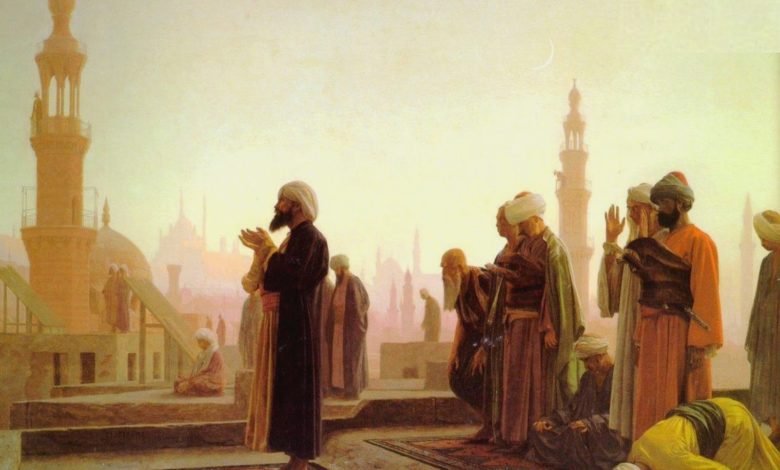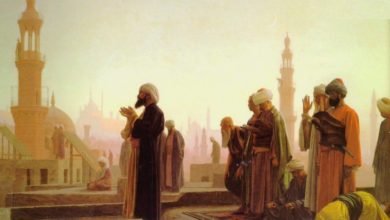Sayings of Imam Ali bin Abi Talib

Our Master ^Aliyy, may Allah raise his rank, had many great sayings and preachments among them are these:
“What I fear mostly is to adhere to the desires of the self and to have much hope in this life, for following the desires of the self is a barrier between you and the truth, and having much hope in this life makes you forget about the hereafter.”
“This world is reaching closer and closer to its end, and we are getting closer and closer to the hereafter, and each dwelling place has its seekers, so be among the seekers of the hereafter and not among the seekers of this life. Today is the time for work, and tomorrow is the time for judgment.”
“Things that we should pay attention to are many, but those who pay attention to those many things are few.”
“How beautiful is the humbleness of the wealthy who seek goodness of the hereafter. Even better than this is the chastity Of the poor who abstain from the wealth of the rich relying on Allah subhanahu wa ta^ala.”
“It’s enough self discipline if you avoid doing all that you dislike being done by others.”
Imam Abu Mansur al-Baghdadiyy related in his book, Al-Farqu Bayn alFiraq, that Imam ^Aliyy, the fourth of the caliphs, may Allah reward his deeds, said which means: “Allah existed eternally and there was no place, and He now is as He was”, i.e., without a place.
“The foolish is he who criticizes the faults of others and then accepts them of himself.”
“Do not interpret badly a word that someone said if you can find a good interpretation to it.”كان لسيدنا علي مصباح التوحيد ومصباح التفريد رضي الله عنه أقوال ومواعظ كثيرة منها أنه قال:
“إن أخوف ما أخاف إتباع الهوى وطول الأمل، فأما إتباع الهوى فيصد عن الحق، وأما طول الأمل فينسي الآخرة”.
وقال أيضًا: “ارتحلت الدنيا وهي مدبرة وارتحلت الآخرة وهي مقبلة ولكل منها بنون فكونوا من أبناء الآخرة ولا تكونوا من أبناء الدنيا، اليوم العمل ولا حساب وغدًا الجزاء ولا عمل”.
وقال أيضًا: “ما أكثر العبر وأقل الاعتبار”،
وقوله: “ما أحسن تواضع الأغنياء طلبًا لما عند الله، وأحسن منه تيه الفقراء على الأغنياء اتكالاً على الله سبحانه وتعالى”،
وقوله: “كفاك أدبًا لنفسك إجتناب ما تكرهه من غيرك”،
و قوله: “من نظر في عيوب غيره فأنكرها ثم رضيها لنفسه فذلك هو الأحمق بعينه”.
وقال وهو ما نصه (الفرق بين الفرق لأبي منصور البغدادي (ص/333): (كان- الله- ولا مكان، وهو الان على ما- عليه- كان) اهـ. أي الله بلا مكان. وقال أيضا: “إن الله تعالى خلق العرش إظهارًا لقدرته لا مكانا لذاته” أ هـ.
وقال أيضا: “من زعم أن إلهنا محدود فقد جهل الخالق المعبود” اهـ. (المحدود: ما له حجم صغيرا كان أو كبيرا) انظر قوله في كتاب حلية الأولياء: ترجمة علي بن أي طالب (73/1).
وقال أيضًا رضي الله عنه: “لا تظنن بكلمة خرجت من أحد سوءًا وأنت تجد لها في الخير محملاً”.

